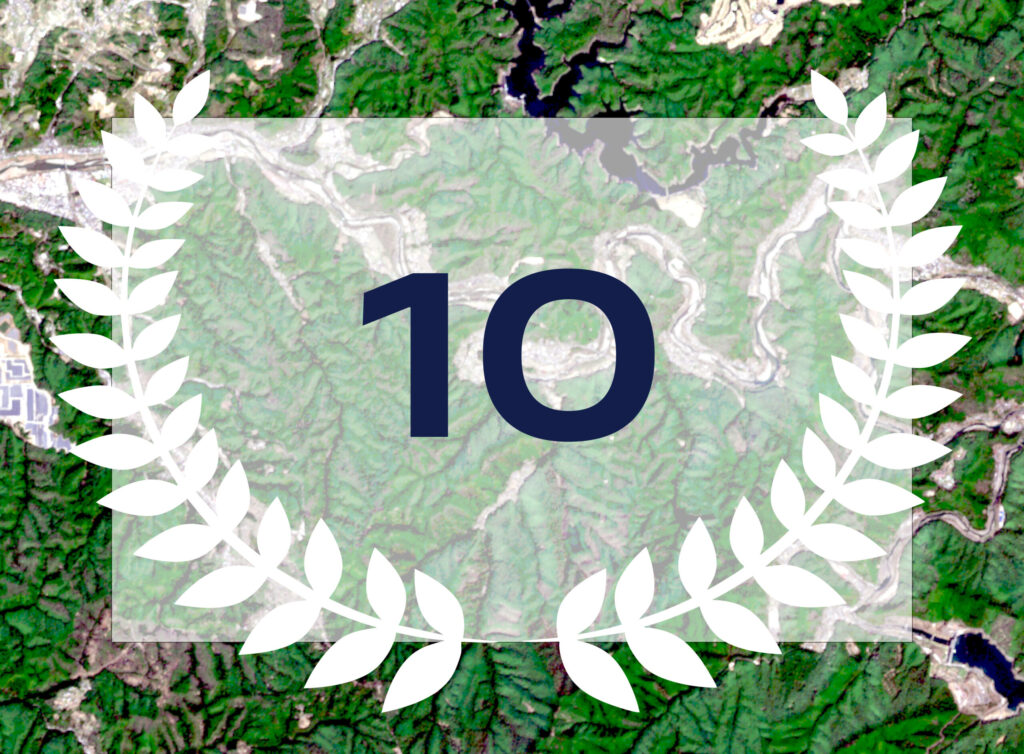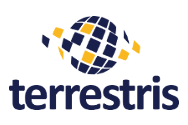In 2015, we started with the conviction that there are better ways to work with data. Without licensing barriers. Without black boxes. Instead: openness, transparency, and shared learning.
We work with data from space, but we keep both feet firmly on the ground.
We develop publicly accessible software because we believe that knowledge should be shared. We design solutions that not only work technically, but also make sense from a societal perspective.
Some of the most pressing issues today include climate change, biodiversity loss, and soil degradation. The answers to these challenges are not only found on Earth, but also by looking from above. Satellite data allows us to monitor global changes, identify patterns, and make this information available to decision-makers.
Our ISO 9001 and ISO 14001 certifications, achieved in 2023, are not ends in themselves. They demonstrate that even small companies can set up clean processes, act sustainably, and deliver high quality.

Walking open paths means constantly learning.
Over the past ten years, we haven’t just analyzed data and developed software – above all, we’ve gained experience. About collaboration, about challenges, and about the power of ideas that aim for more than just technical functionality.
What we’ve learned: Surprises, lessons, and unexpected solutions
1. The biggest surprise: Free software is hard to “sell”
When we started in 2015, we thought: who could possibly object to transparent, license-free solutions? The benefits seemed obvious – no vendor lock-in, no hidden costs, collaborative development.
But reality often looked different: skepticism (“If it’s free, it can’t be good”), inertia (“We’ve always done it this way”), or simply fear of change.
What did we take away from that? Technology alone doesn’t convince. It takes patience, clear examples – and sometimes just the courage to leave well-trodden paths behind.
2. The most formative experience: Persistence pays off
There were moments when we thought, “We’ll never get there.”
And then it happened: a long-time critic became a supporter – because our solution simply worked. A project that initially faced rejection later became a flagship example.
These experiences showed us: good ideas do prevail – but not overnight. And sometimes, it takes just one person who suddenly understands that openness isn’t idealism – it’s a competitive advantage.
3. The best insight: Big solutions grow in diverse teams – both big and small
Our strongest projects emerged where diverse partners came together: start-ups with public agencies, science with practice, global players with local initiatives.
Why? Because each brings something the other doesn’t – whether it’s expertise, reach, or a fresh perspective.
We continue because we’ve learned that the best answers to complex questions – whether climate change, data justice, or sustainable development – are rarely found where you expect them.
They emerge where people work with each other, not against. Where knowledge is shared, not hoarded. And where persistence remains, even when the road gets tough.
